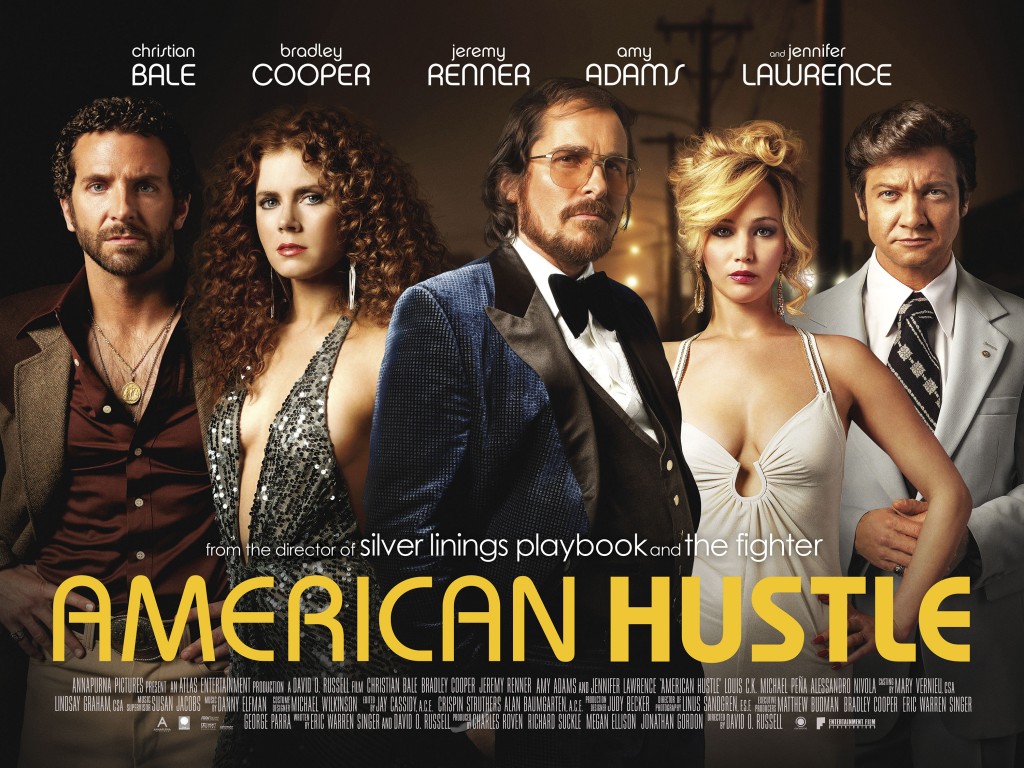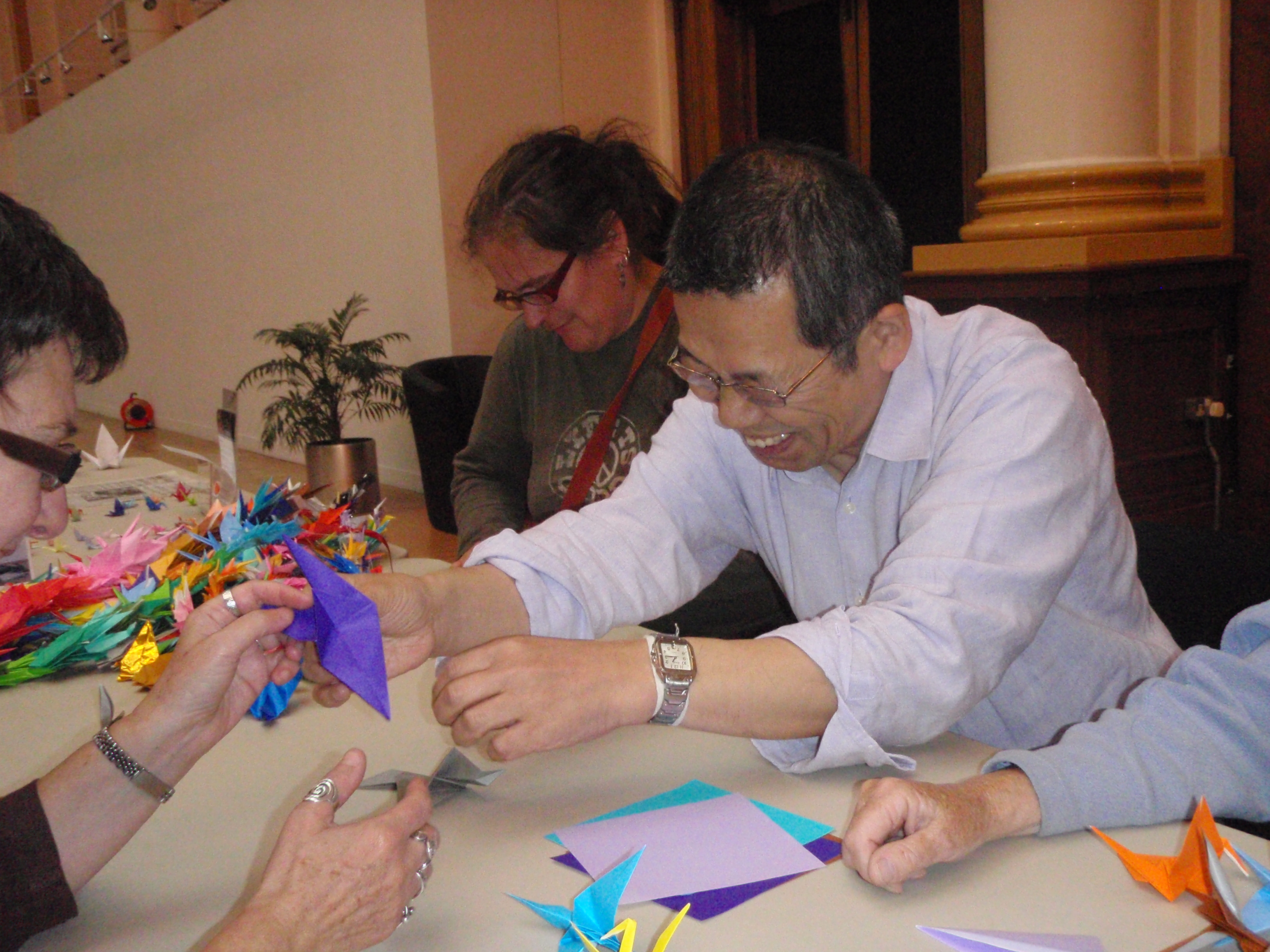Scotland in a Japanese perspective: JDS’s ‘Our Scotland: a Japanese perspective‘ was screened, which is about such issues as inclusion,
multiculturalism, and what is meant by sharing other cultures. In it, a
comparison is made between a Scottish ceilidh and a Japanese festival
run by Japanese Matsuri for Glasgow.
The main difference brought out in this lecture was Scotland and its People take great pride when its contribution is taken up and made its own by other cultures and nations whilst the Japanese are somehow less open and wonder how others wish to embrace their traditions.
Even something simply as an Origami workshop being run by locals in Glasgow was looked about as odd , compelling a visiting Japanese visitor to remark such classes should not be hosted by locals unless they can get a Japanese teacher.
A good example is the Japanese song "Hotaru No Hikari" which is sung in Japanese ceremonies , get-togethers and Graduations.A lot of Japanese are surprised the song is based on "Auld Lang Syne" by Rabbie Burns , brought over to the Japanese when many Scots were invited over by the Imperial Court to plan and design in modern Industrialisation of Japan in the 19th century.
An entry in this blog gives a brief history of how the song came into being in the Japanese Culture.
There is no real concept of inclusion in the Japanese culture , you are either Japanese or an outsider , the half-way house of being a citizen does really come into play as far as society is concerned , even third and fourth generation of descendants of Japanese immigrants from the diaspora , such as the extensive Brazilian-Japanese community are not full citizens.
According to the Lecturers Japan has got a long way to go to being as multi-cultural and inclusive as Scotland has become , and example of the distance to go came from anecdotes of the documentary screenings in at
Kochi University and
Fukushima University with much silence and bafflement , only enthusiasm being in short supply.There was even a touch of anti-Sino discrimination directed at the Lecturer being he has a Taiwanese name.
Hotaru no Hikari
Hotaru no Hikari
Hotaru no Hikari




